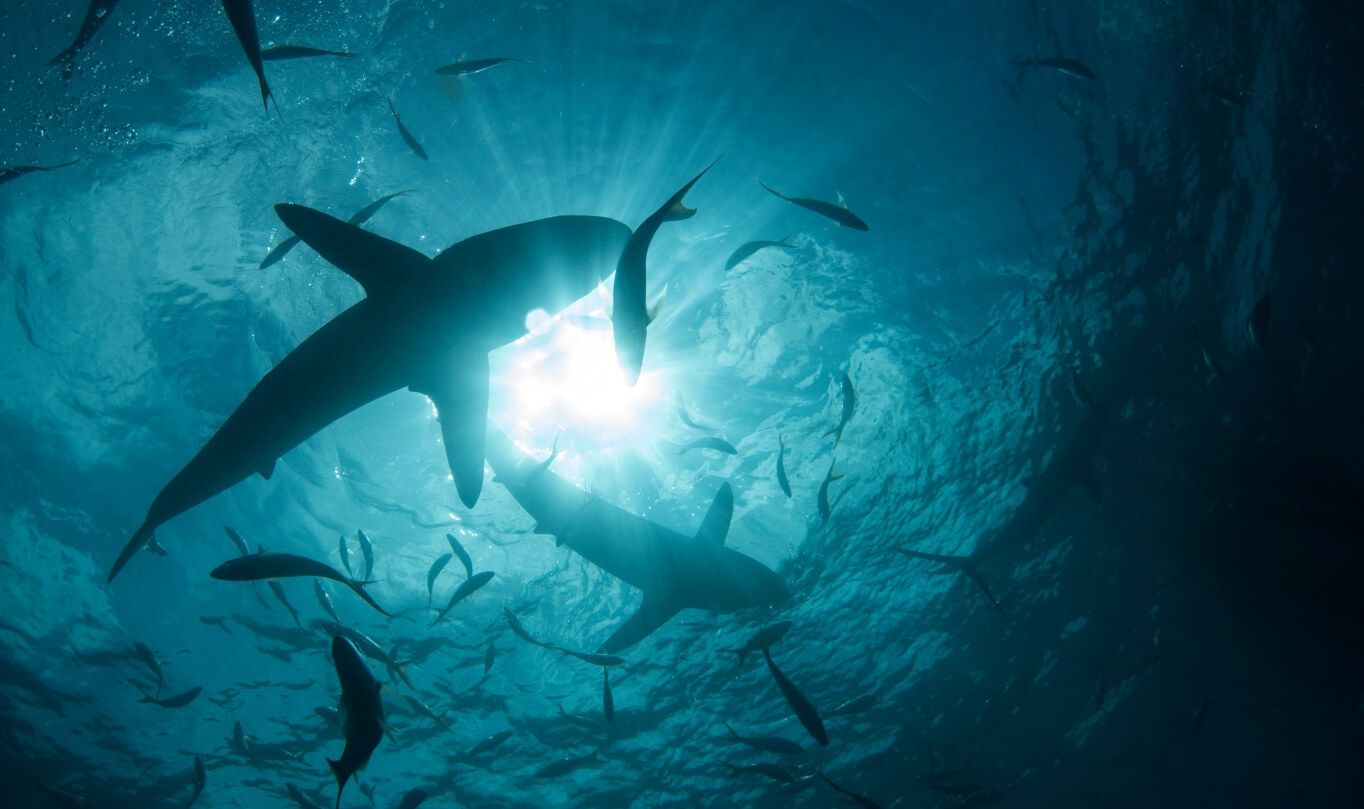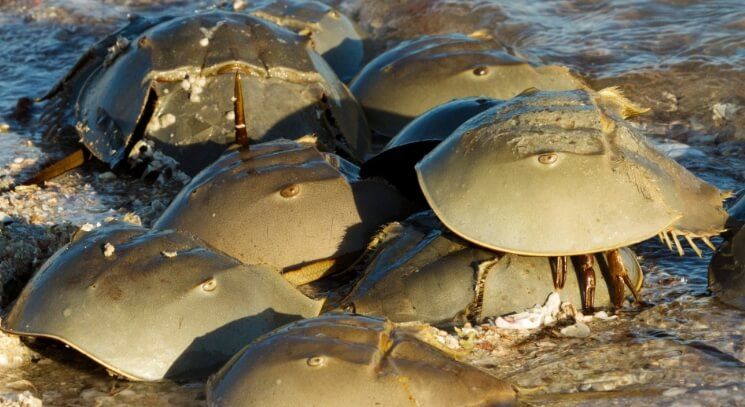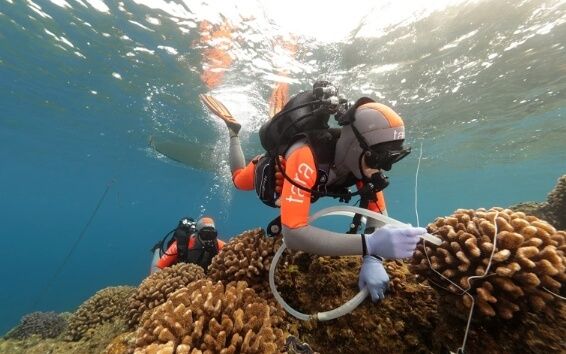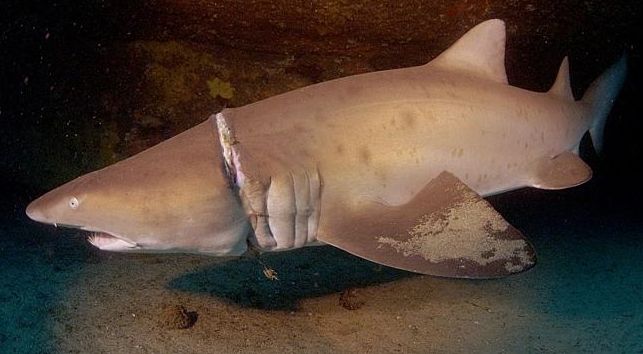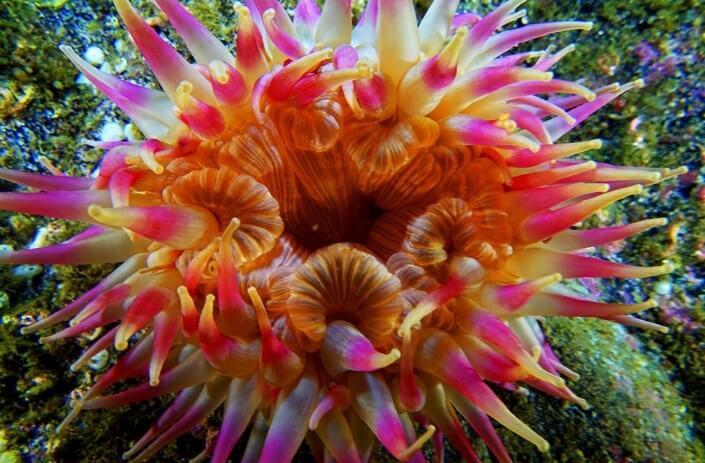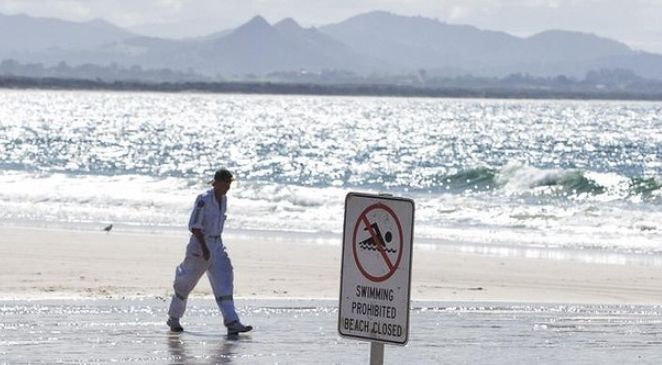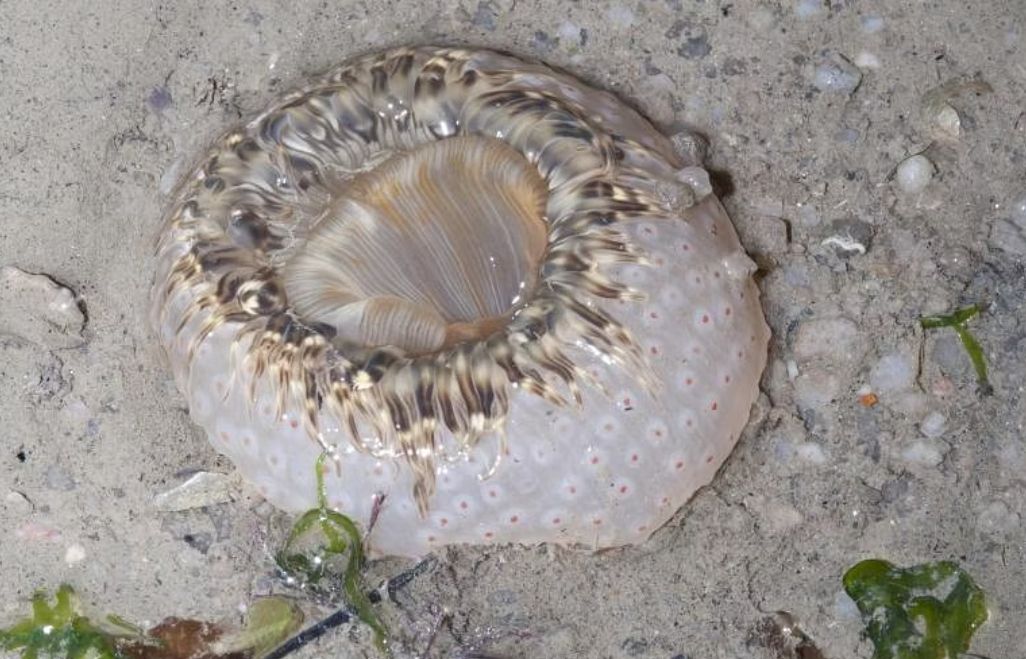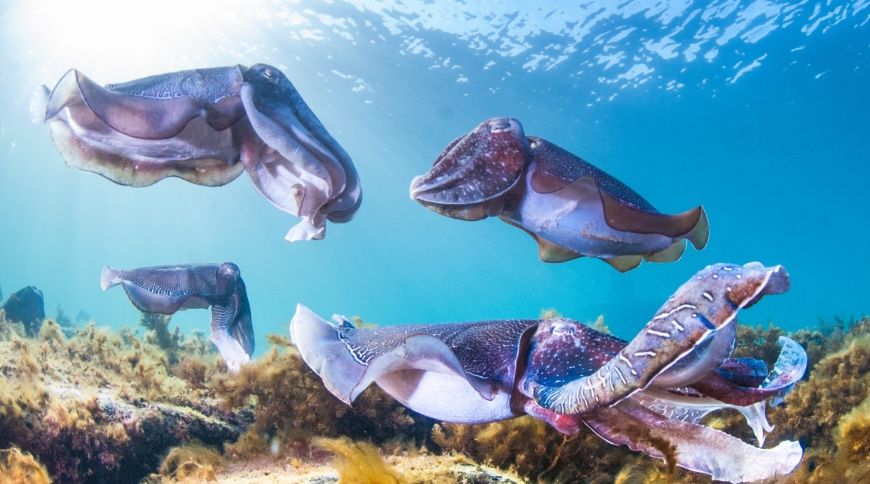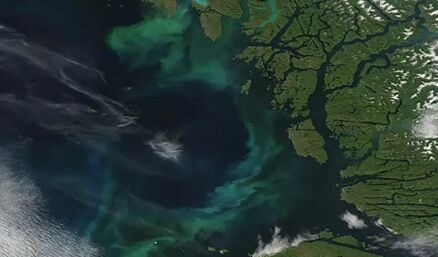Sydney witnessed a heartbreaking event as a fatal shark attack claimed the life of a man, marking the first such incident in the city in over six decades. The shocking incident occurred at Malabar beach in the afternoon, sending waves of concern through the community.
Eyewitnesses described the terrifying scene as a shark measuring approximately 4.5 meters in length attacked a man who was swimming in the sea, wearing a wetsuit at a considerable distance from the shore. The swift attack lasted no more than a minute, leaving those who witnessed it in shock and disbelief.
Chris Linto, one of the witnesses, recounted the chilling event, stating,
“Some guy was swimming there, and the shark swam up to him and attacked.”
Tragically, the man succumbed to his injuries, and medical responders arriving at the scene confirmed his death, citing injuries incompatible with life.
At this time, the identity of the deceased has not been disclosed by the authorities. The incident has sent ripples of grief throughout the community, reminding everyone of the unpredictable nature of the ocean and its inhabitants.
Remarkably, this is the first recorded fatal shark attack in Sydney since 1963, making it an exceptionally rare event in the region’s history. While Australia is known for its stunning coastline and vibrant marine life, such incidents serve as a stark reminder of the inherent risks associated with sharing the ocean with apex predators like sharks.
Sharks play a crucial role in maintaining the marine ecosystem’s balance, but they can occasionally exhibit aggressive behavior towards humans. Scientists have been studying the factors that influence shark attacks to better understand their behavior and prevent such unfortunate incidents.
One intriguing discovery made by researchers is that sharks tend to be more active in their hunting behavior during a full moon. While this phenomenon does not necessarily explain the specific attack in Sydney, it adds to the body of knowledge surrounding shark behavior.
As authorities and marine experts investigate this tragic event, they emphasize the importance of respecting the ocean’s wild nature and adhering to safety guidelines while enjoying its beauty. Understanding the risks and being vigilant during ocean activities can help minimize the chances of encounters with sharks.
Shark attacks, though rare, remind us that we share the ocean with diverse and magnificent marine life. As we mourn the loss of a fellow ocean enthusiast, it is essential to remember that responsible coexistence with sharks and other marine creatures is possible through awareness and education.
The incident at Malabar beach serves as a somber reminder of the delicate balance between humans and nature. While enjoying the beauty of the ocean, we must also recognize the responsibility to protect and conserve these invaluable ecosystems.
As the investigation into this tragic event continues, let us collectively reflect on the importance of ocean conservation and responsible practices when engaging with marine environments. Together, we can strive for a harmonious coexistence, appreciating the ocean’s wonders while ensuring the safety of both its inhabitants and visitors.


